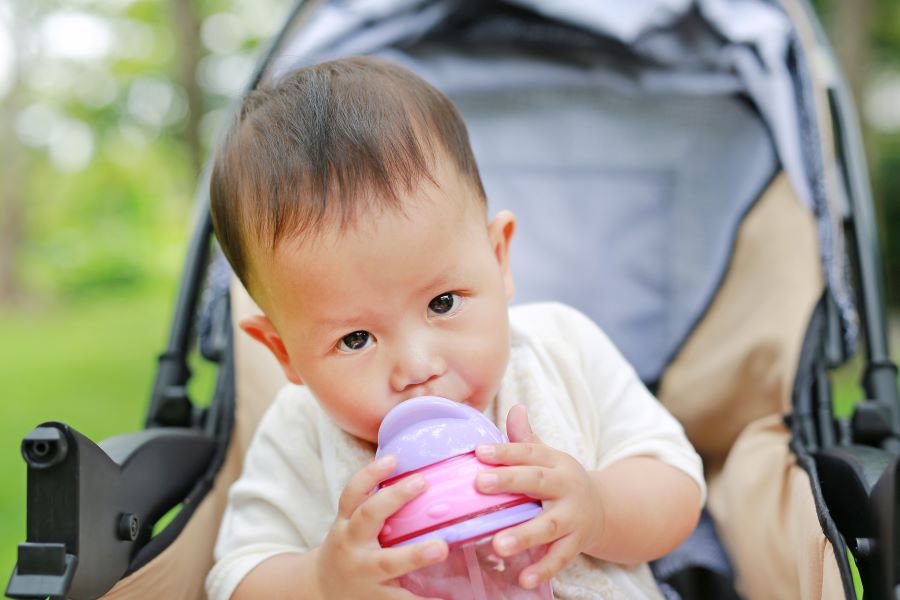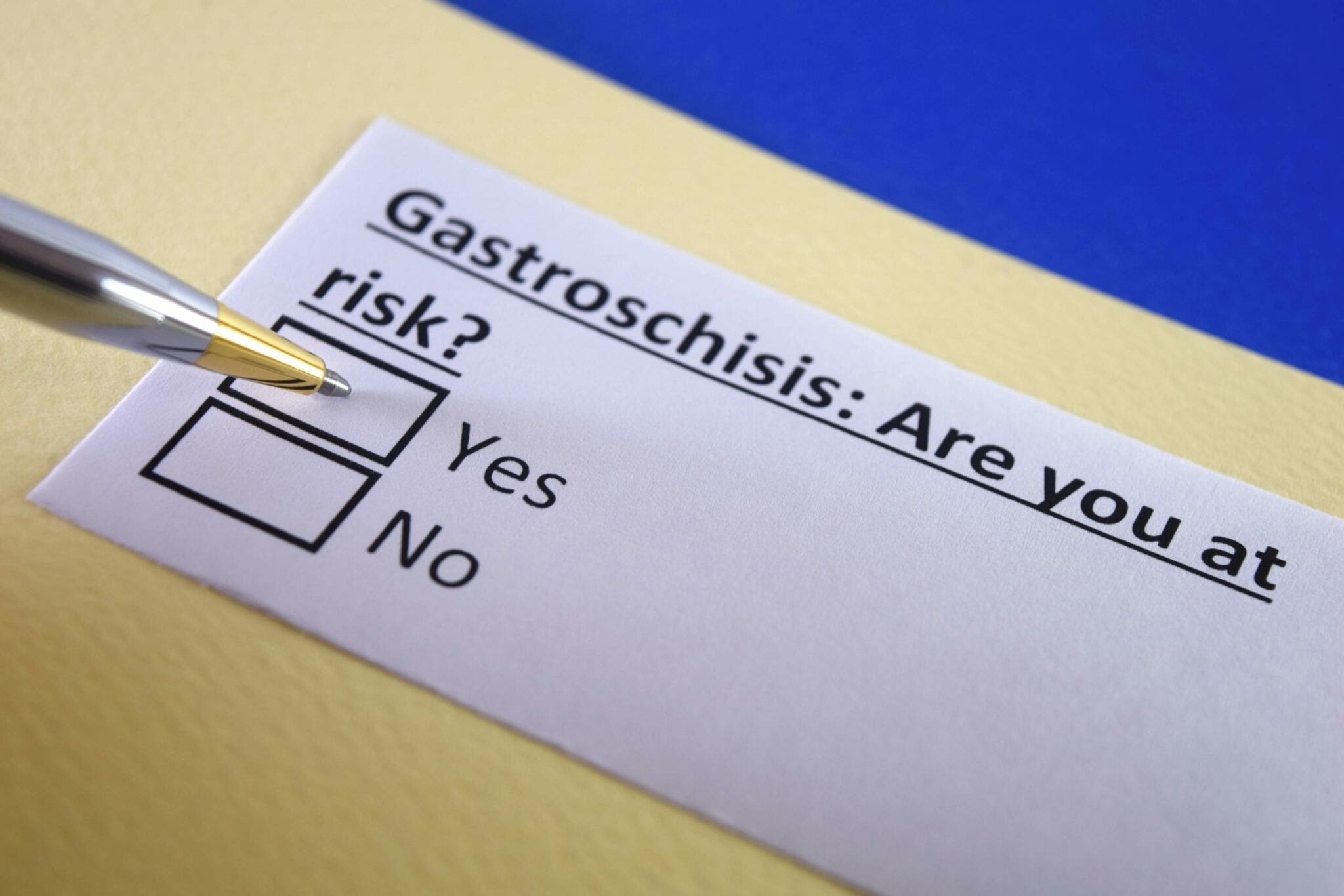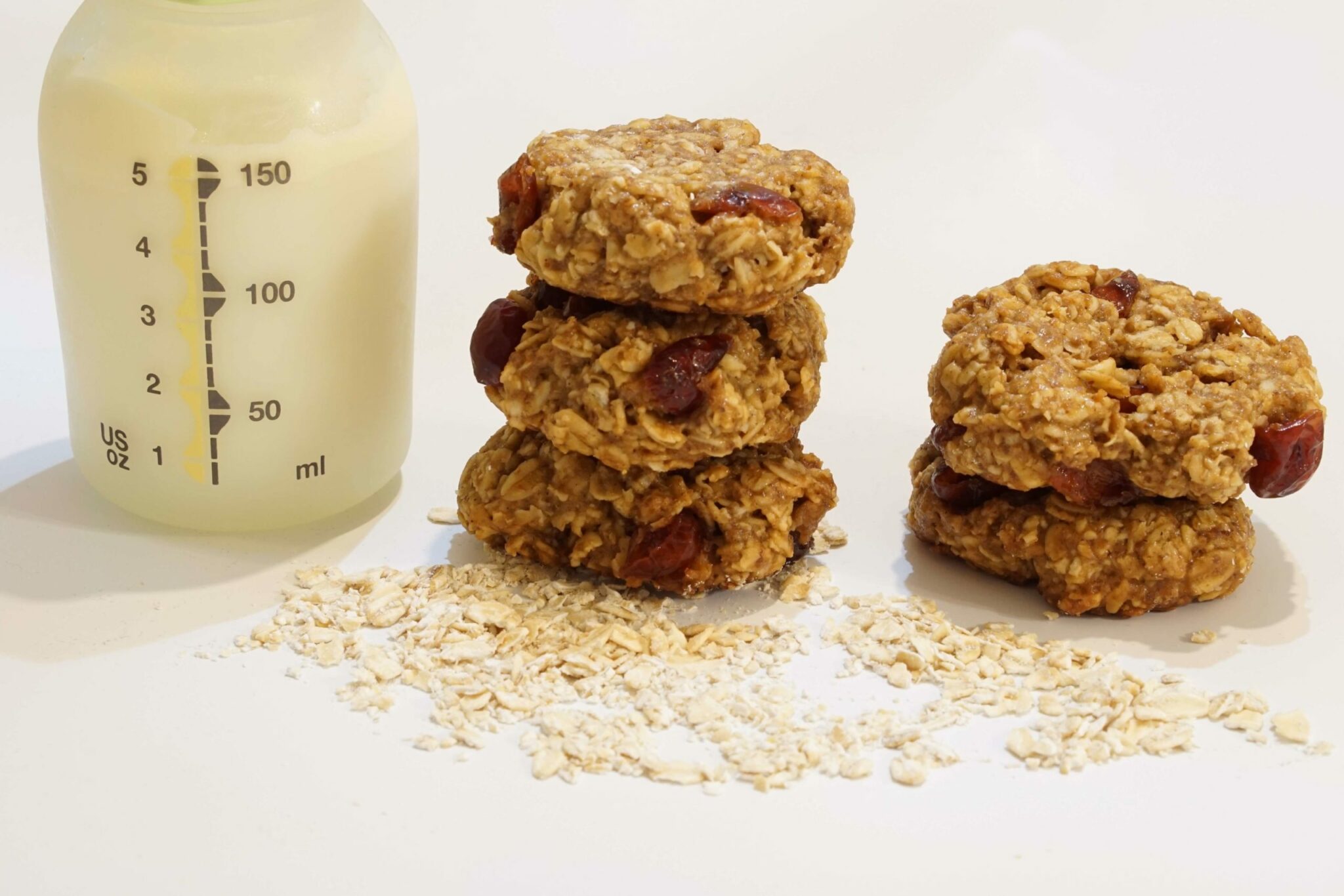Do Sippy Cups Cause Dental Problems?


Sippy cups are easy to love. They don’t spill, they are super easy for baby to use, and they are a perfect bridge from the bottle or breast to a “big kid” cup.
In recent years, however, there’s been a bit of a sippy cup backlash as experts from various fields weigh in on the negatives of sippy cups, especially as they relate to tooth care and dental hygiene.
Sippy cups dribble liquid and many parents fill them with juice or sweetened beverages, which encourages tooth decay. The American Dental Association (ADA) has warned against the development of a condition called “baby bottle tooth decay,” saying “one common cause is the frequent, prolonged exposure of the baby’s teeth to drinks that contain sugar.”
Symptoms of pediatric tooth decay are similar to those experienced by adults, including teeth that are sensitive to hot or cold, cause discomfort after eating, appear discolored, or have throbbing, lingering pain. A toddler with persistently bad breath also could be a sign of tooth decay.
To help protect your baby’s teeth from sippy cup related injuries, the ADA recommends:
Choosing a sippy cup with no valve. The valve may prevent spills, but it requires children to suck liquid from the cup as they would from a bottle, meaning they don’t actually learn to sip drinks.
Only let your child drink water from their sippy cup between meals, never while in bed or a crib.
Not allowing your child to walk around unsupervised with a sippy cup since serious mouth or teeth injuries can occur if they fall while drinking.
Beyond tooth health, sippy cups have also been connected to increased risk of sickness because of contamination—filled with sweet liquid and toted around with your toddler all day, sippy cups are perfect environments for bacteria to multiply. Make sure to regularly wash your toddler’s sippy cup.
Ideally, the sippy cup should not be used to calm your baby when upset or nervous or can’t sleep. Instead, the best use of a sippy cup is to give your baby or toddler water between meals and nothing more.
Finally, many parents are concerned about bisphenol-A (BPA) in the plastic. Some animal studies have found negative health consequences in infants and toddlers exposed to BPA. If you’re concerned about BPA, look for a “BPA free” sippy cup.
Sources:
- The American Dental Association
- Baby bottle tooth decay.
The American Dental Association - From baby bottle to cup.
New York University Langone Medical Center Department of Pediatrics - Tooth Decay.
Powered by Bundoo®










































